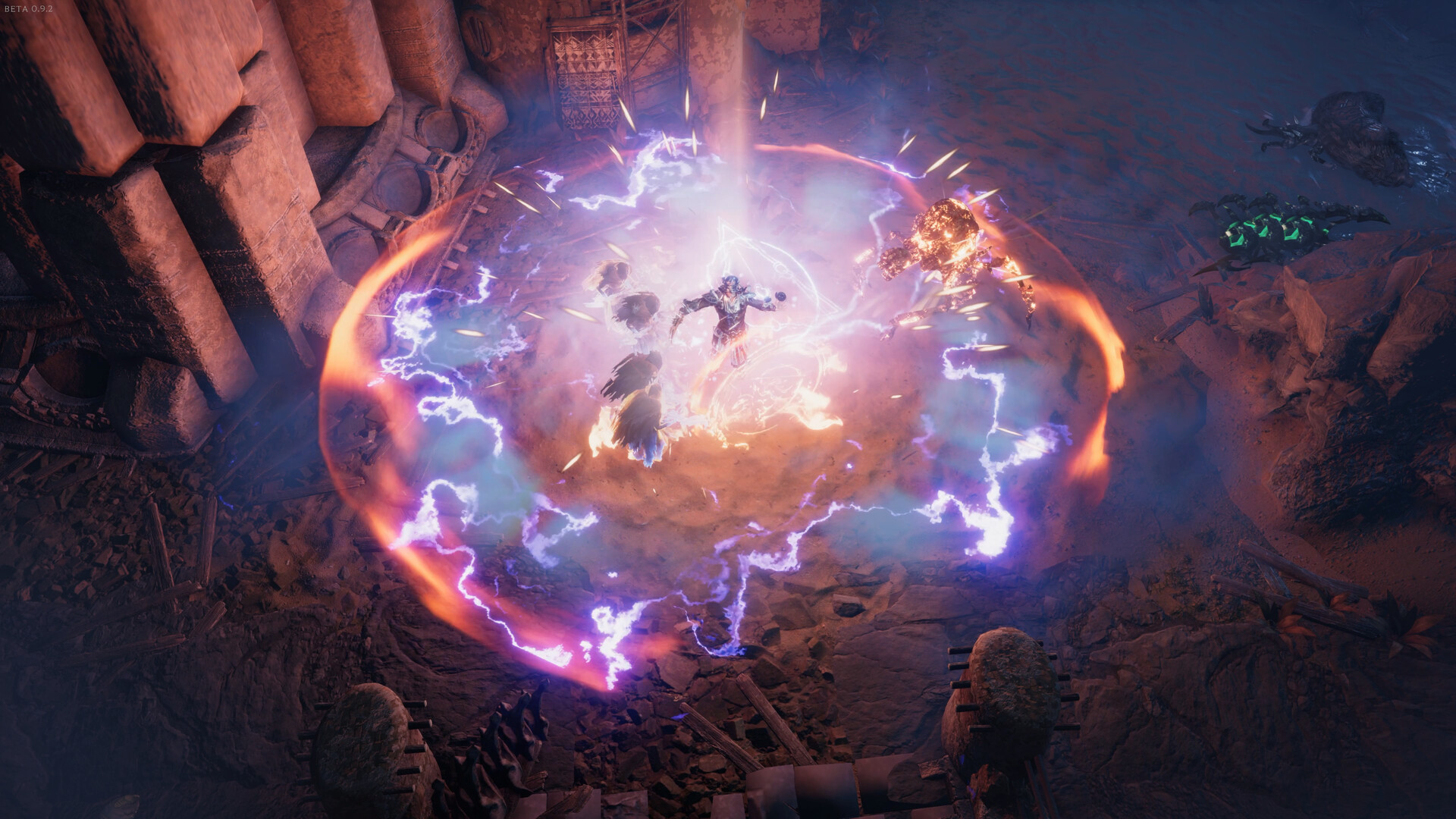Steam Deck vs. Steam Link: What's the difference?
An all-in-one device versus a one-for-all solution.
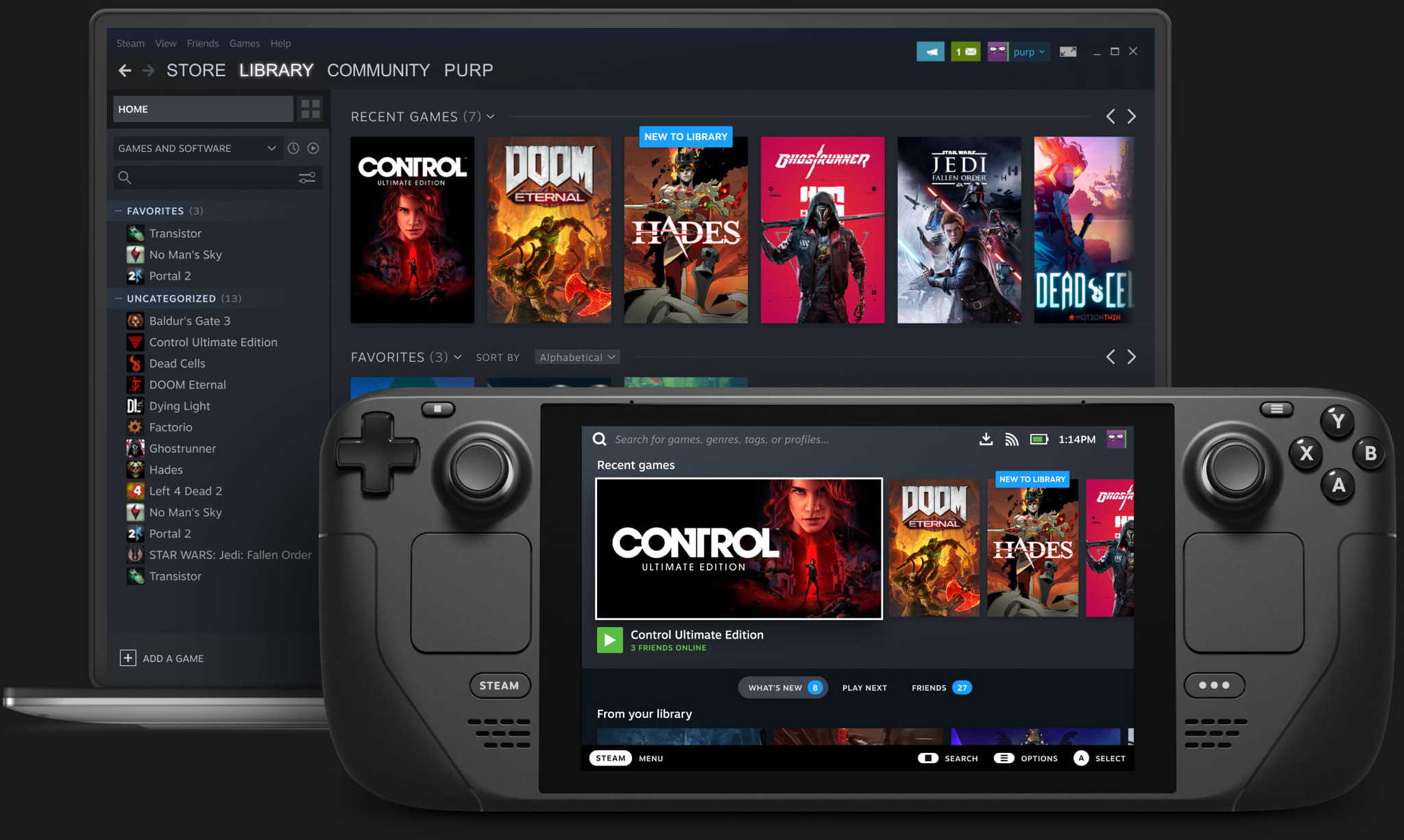
The Nintendo Switch couldn't be expected to dominate gaming handheld conversations forever, and Valve's recently announced Steam Deck proves this. The Steam Deck is a portable handheld that promises it can play all your PC-grade games while on the go, all at a surprisingly aggressive price for the impressive hardware packed inside.
With the announcement of the Steam Deck, however, many are rightfully curious how this $400 handheld console sets itself apart from simply streaming your Steam library to your phone, tablet, or PC using Steam Link (the app, not the defunct Steam Link device). We've done our research, so here's everything you need to know about the Steam Deck versus Steam Link.
Both can stream your Steam games
Steam Link in its current iteration is a simple proposition: Download the Steam Link app on your Android, iOS, Windows, Linux, macOS, or Samsung Smart TV device, connect the app to a gaming PC with Steam installed, and stream any of your Steam games to that device over an internet connection. Steam Link even supports wireless controllers (if your device does) and multiplayer. If you're primarily a PC gamer and have a large library and decent internet, it can be a great way to play games when you're out and about, lying in bed, want to play on a larger screen, or simply can't be bothered to log onto your PC.
The Steam Deck can also stream your entire Steam library from your gaming PC, which may make it seem more like a glorified tablet with Steam Link and a built-in controller. The Steam Deck doesn't rely on game streaming, though, and actually has the hardware and power to run many modern PC games directly on the device. This means more reliable performance, less reliance on an internet connection, and even means you don't actually have to own a gaming PC. For the Steam Deck, game streaming is a secondary function, and not its sole purpose.
The Steam Deck is not just a tablet
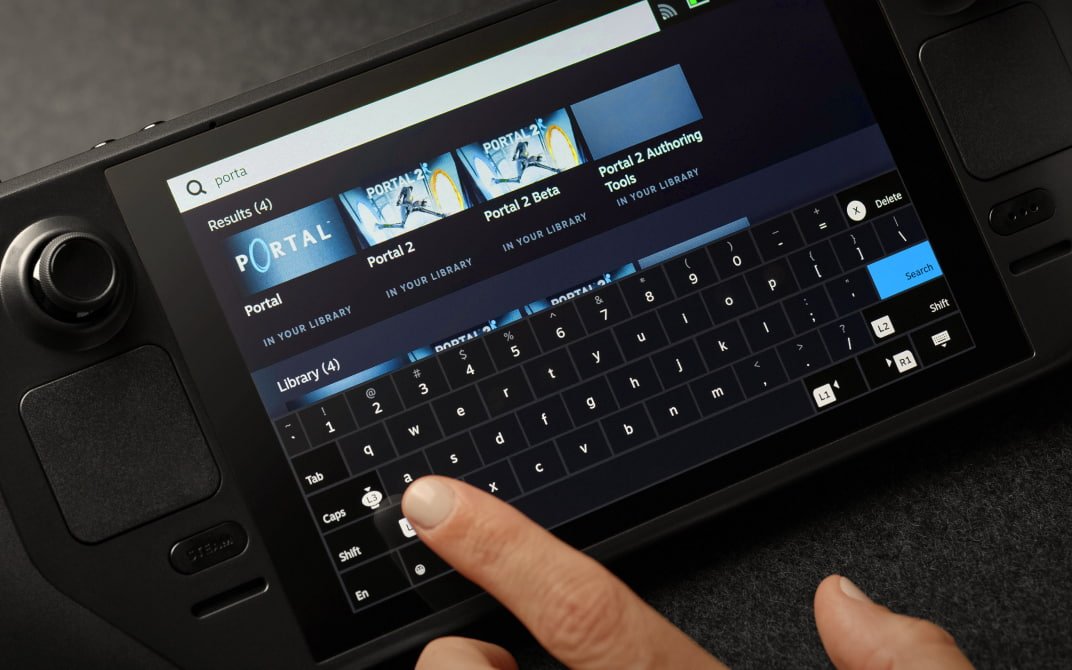
The Steam Deck is able to avoid heavy dependence on game streaming because it's, for all intents and purposes, a full-fledged PC with pretty impressive specs squeezed into its bulky-for-a-tablet but light-for-a-PC frame. With an AMD integrated processor and graphics card, 16GB of RAM, and up to 512GB of super speedy SSD storage, the Steam Deck is a proper gaming machine with enough oomph to run a ton of PC games. With a screen resolution just above 720p, it can also afford to run those games at surprisingly high settings.
It's more than just the hardware, though. The Steam Deck runs SteamOS with Proton, which is essentially Linux with an additional community-supported compatibility layer to help it run games that normally wouldn't work with Linux. The Steam Deck is a computer, and could even run Windows if you really wanted it to. On the other hand, Steam Link relies entirely on you having a powerful gaming PC connected to the internet elsewhere in the world, and simply streams what your PC is doing to another screen. Even the best game streaming services can be spotty with most internet connections, so Steam Link isn't always a reliable way to play.
A question of purpose
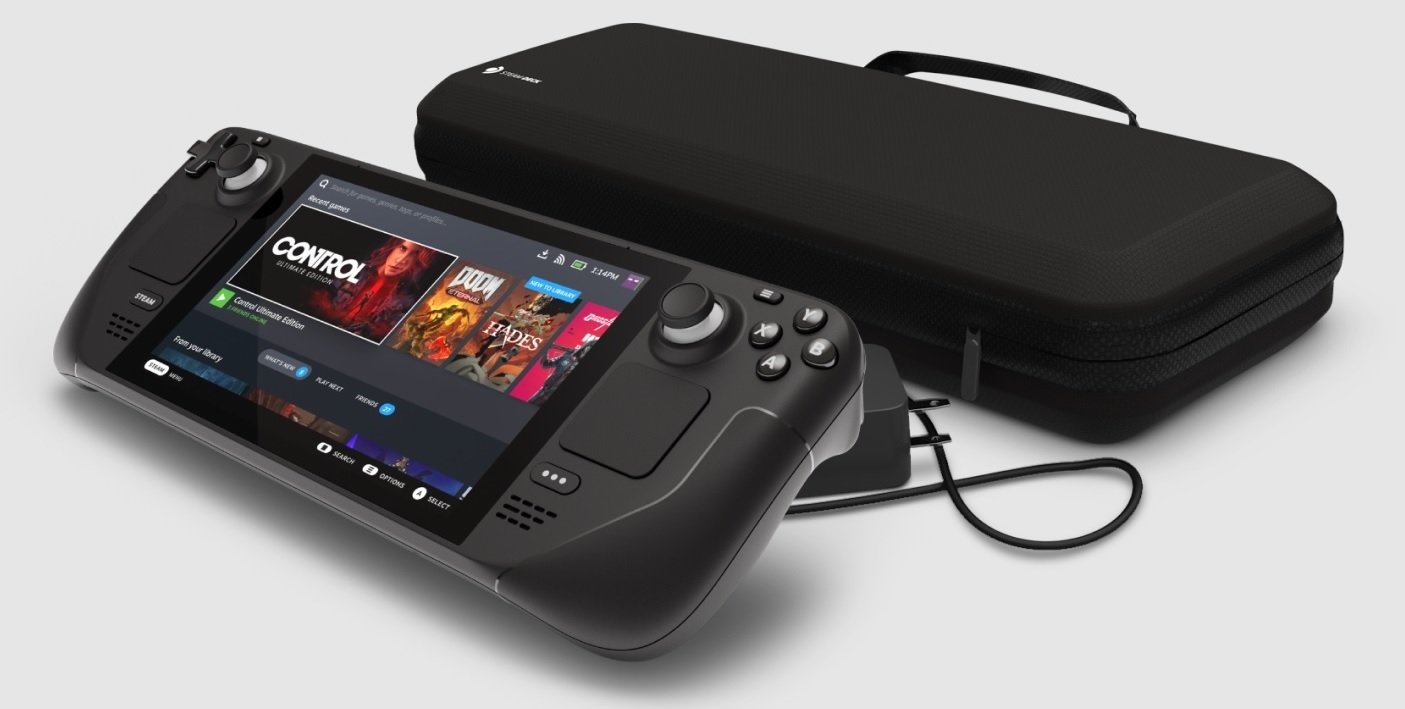
For many people, Steam Link is a nifty and sometimes useful additional feature to be used alongside a powerful gaming PC, but it's not always the best solution. While it's much simpler to get behind than lugging around a completely separate and individual device like the Steam Deck, it also comes with its own restrictions, most notably requiring access to a stable and fast internet connection (which plenty of people still might not have, especially when away from home). It's the same remote play feature that platforms like Xbox and PlayStation have, but with a different name.
Get the Windows Central Newsletter
All the latest news, reviews, and guides for Windows and Xbox diehards.
On the other hand, the Steam Deck is truly an all-in-one solution. The Steam Deck may not always be seamless to use (it is a PC, after all), but it has absolutely everything it needs to play awesome games without any additional faff or accessories. It's also versatile where Steam Link isn't, as well, as you can connect it to any TV or external monitor for a larger screen, connect a keyboard and mouse for a more familiar PC experience, and move beyond simply gaming to adapt the Steam Deck for other purposes.
If you do run into a situation where the Steam Deck isn't able to play the game you want or you're not getting the performance or experience you're expecting, you can always resort to remote play. Even here, you're using a device that was built for Steam Link with built-in controllers, but keeping the versatility that comes with the Steam Deck, with far greater gaming credentials than your average phone (which most people would use Steam Link on).
Whether or not the Steam Deck is worth the $400 to $650 it will run you depends entirely on your needs. If you already have a gaming PC with a solid Steam library and only need to game away from your PC occasionally, Steam Link is free and easy to set up on devices you very likely already own. For those who are willing to invest in the Steam Deck, though, you're getting a gaming PC that can go with you wherever you are without relying on additional hardware and giving you extra capability, all while playing the best PC games.
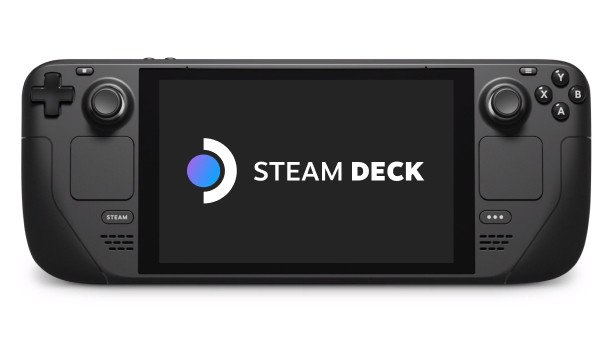
Steam Deck paves the way
While Steam Deck and Steam Link can both stream your Steam games when on the go, the Deck clearly sets itself apart with powerful hardware that can play a huge number of games directly on the device without streaming, and should provide a superior gaming experience versus playing on a phone or tablet.

Zachary Boddy (They / Them) is a Staff Writer for Windows Central, primarily focused on covering the latest news in tech and gaming, the best Xbox and PC games, and the most interesting Windows and Xbox hardware. They have been gaming and writing for most of their life starting with the original Xbox, and started out as a freelancer for Windows Central and its sister sites in 2019. Now a full-fledged Staff Writer, Zachary has expanded from only writing about all things Minecraft to covering practically everything on which Windows Central is an expert, especially when it comes to Microsoft. You can find Zachary on Twitter @BoddyZachary.
